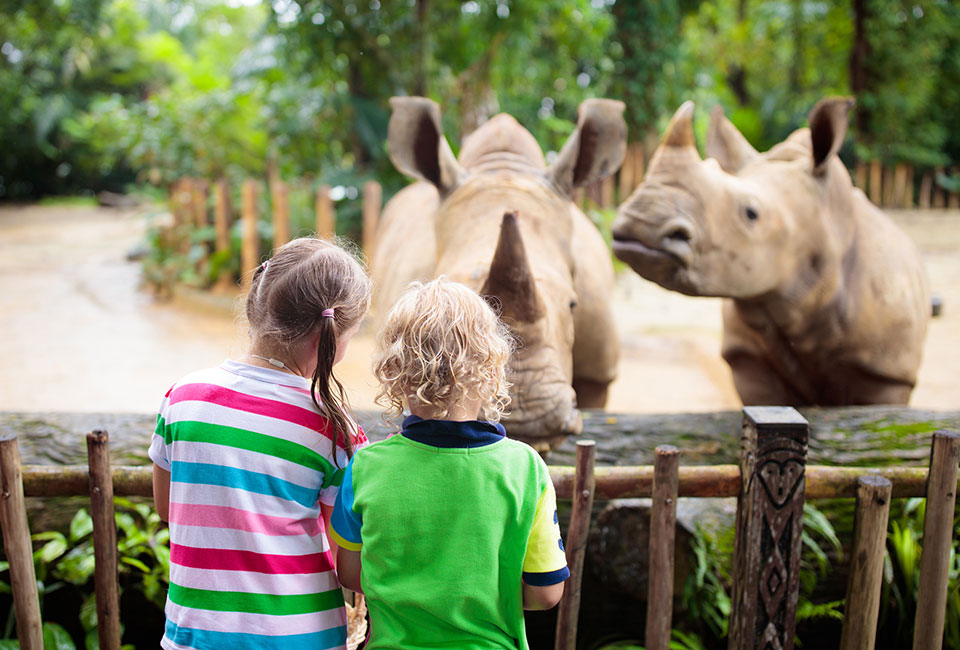
Many zoos, aquariums and botanical gardens are making an important contribution to the fight against global species extinction. They are also pooling their activities to advocate locally for lesser-known species and their habitats.
Time is of the essence and species extinction requires all efforts to be made to stop it. In fact, species can recover in the wild if given a chance by well-managed populations in human care, such as those maintained by zoos, botanical gardens, and aquariums. Razan Al Mubarak, President of the 'International Union for Conservation of Nature' (IUCN) then emphasizes, «It's never too late.» The new position paper of the World Conservation Union or IUCN Species Survival Commission confirms the key role of botanical gardens, aquariums and zoos play in the practice and science of species conservation. IUCN is the world's largest conservation organization of governmental and non-governmental organizations with over 9'500 members from 186 countries.
Conservation breeding programs should ensure survival
The Berlin-based Association of Zoological Gardens (VdZ) is also a member of IUCN. The 71 zoos in the VdZ are committed to the conservation of animal species in a variety of ways. In 2022 for example, they provided more than 11 million euros for species conservation projects in habitats, or implement research projects. They are currently participating in more than 400 European conservation breeding programs (EEPs), or European and international studbooks, helping to ensure the conservation of many endangered species. Conservation breeding programs play a central role in the IUCN's 'One Plan Approach', which focuses on all animals, those in their original habitat as well as those in human care.
Efforts in species conservation have been considered only in isolation for a long time
The position paper also shows that many zoos are already crucial partners in the global survival of species and inspire society to become more involved. «We are very pleased with this confirmation from the IUCN,» says Volker Homes, executive director of the VdZ. For too long, he says, efforts in species conservation have been viewed in isolation. He continues, «We are using our network and collective expertise to halt the enormous loss of biodiversity on a global scale. We know time is of the essence, and species extinction requires all the effort we can muster. We also know we must always do better in this fight.»
Species Conservation Foundation joins forces with local organizations
Many zoos pool their activities in the 'Stiftung Artenschutz' (Species Protection Foundation), which which is committed to protecting endangered, often generally lesser-known animal species and their habitats. On the Indonesian island of Sulawesi, for example, it is involved in various projects together with the local organization Progres Sulawesi. The bear couscous, for example, is endangered because it is considered a delicacy and is often served at celebrations such as weddings. Educating the regional population about the endangered species is therefore an important component of the work on site.
In Switzerland, see also Foundation pro Biodiversity and 'Artenschutz'